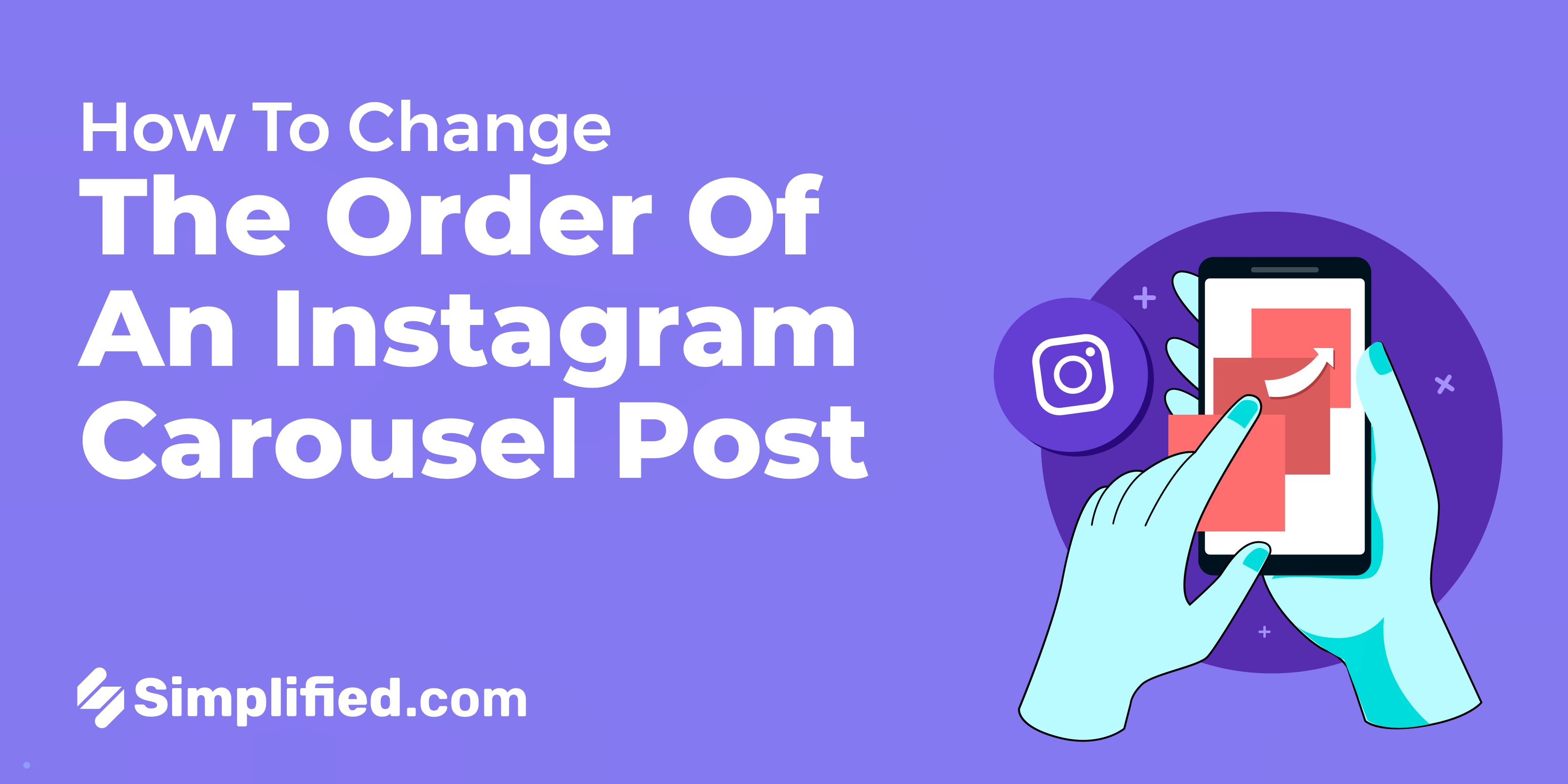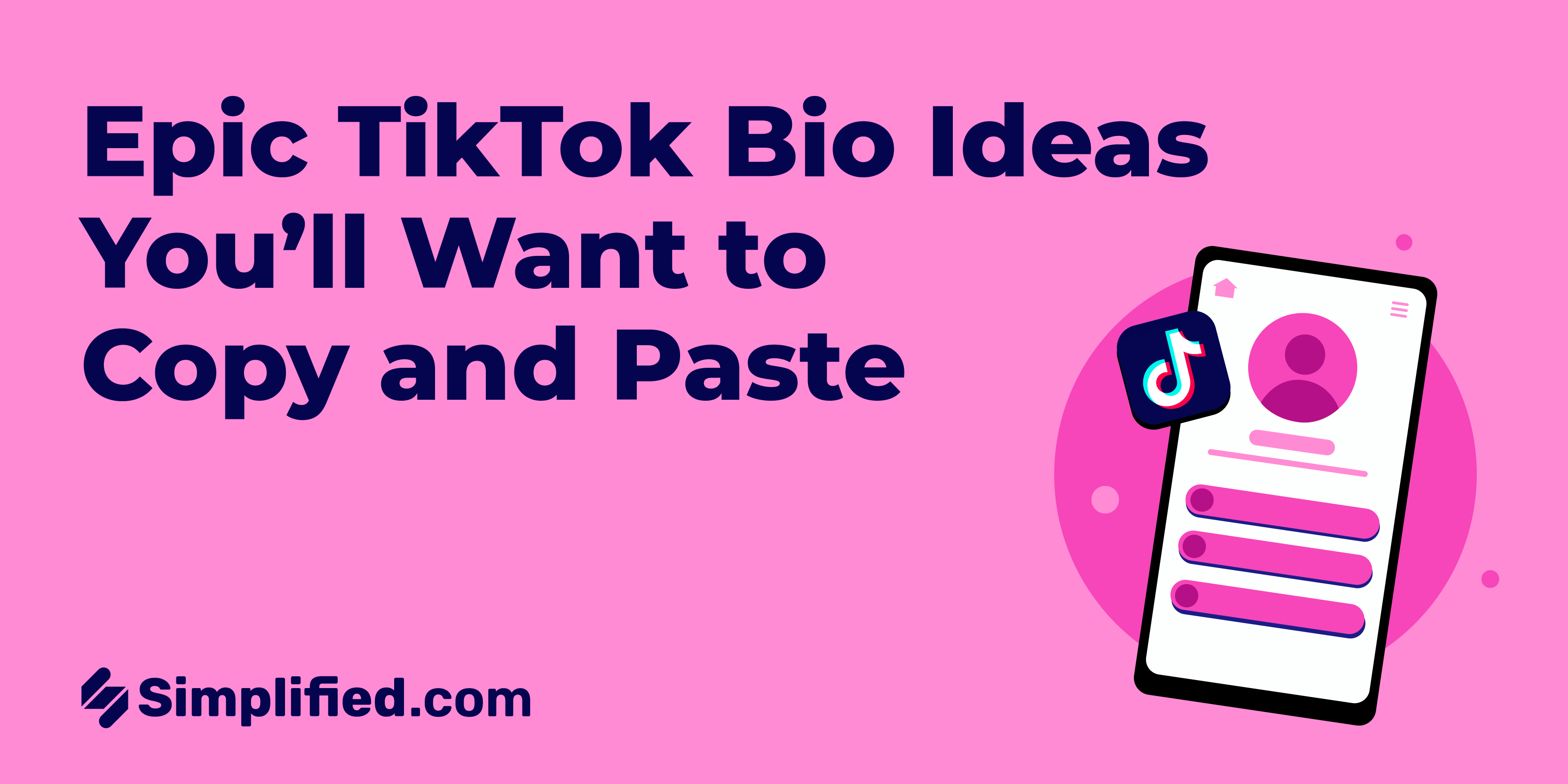What do you mean by EdgeRank?
Facebook EdgeRank was the previous name for the Facebook algorithm that determined how posts were displayed to users. The algorithm, both EdgeRank and its newer versions, utilizes various mathematical variables and operations to assess the popularity and potential of social media content.
According to Facebook, their algorithm aims to deliver the content that users are most interested in seeing. In recent years, this shift in focus has led to a reduced emphasis on promoted content and a higher priority given to organic material on the platform.
How did EdgeRank function?
EdgeRank, created by Serkan Piantino, was developed to help manage the vast amount of content being published on Facebook daily. In 2011, Facebook replaced EdgeRank with machine learning algorithms.
The adoption of machine learning allows the current Facebook algorithm to become more intelligent and accurate over time. In 2013, the learning algorithm assessed over 100,000 factors to rank content. Since then, the amount of data considered by the Facebook algorithm has continued to increase.
The EdgeRank formula utilized three primary factors to organize content on users' Facebook feeds, including:
- Freshness or recency of a post.
- User engagement with the post, such as likes, comments, and shares.
- User affinity, which measures the relationship between the viewer and the individual or company that published the content.
What happened to EdgeRank?
EdgeRank was replaced by the machine learning algorithm currently used by Facebook, ensuring the delivery of high-quality content to users. In 2018, Facebook announced its intention to prioritize authentic, valuable posts while pushing back against branded content.
Despite this shift, Facebook continues to offer one of the best returns on investment (ROI) for social media marketers due to its large user base.
The latest algorithm closely resembles EdgeRank, as it still considers the "affinity" between individuals when determining the ranking of content. The new algorithm also values genuine engagement. Consequently, companies can gain more significant online attention by encouraging likes and comments on their posts.
With each algorithm update, companies on Facebook must devise new strategies for engaging with their followers. In the case of the most recent update, some key tips include:
- Fostering genuine discussions between brands and customers instead of using tag baiting or comment baiting.
- Focusing on creating unique and valuable content for each post, avoiding repetitive posting.
- Utilizing Facebook Groups to encourage deeper conversations with followers.
.webp)













